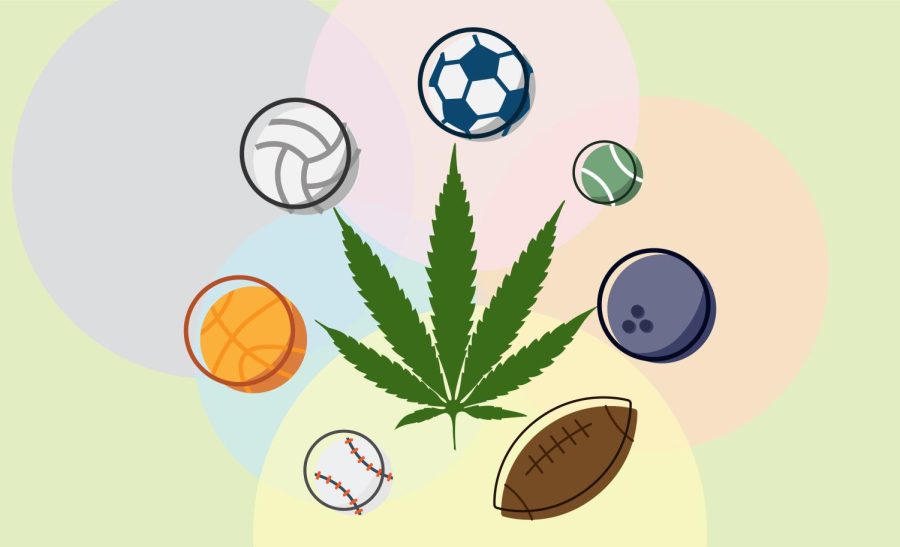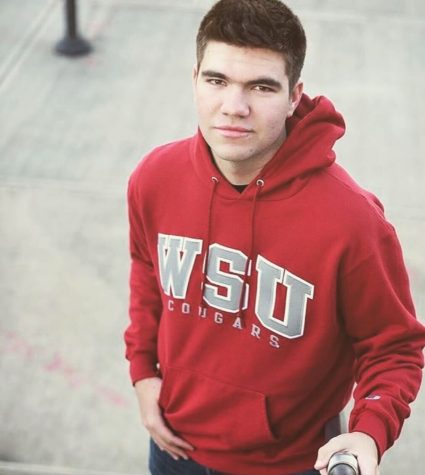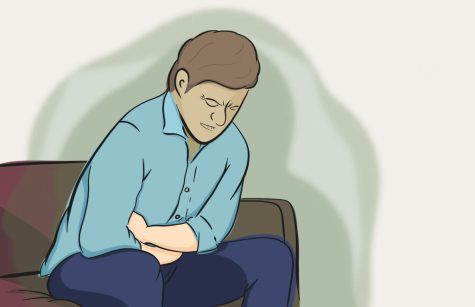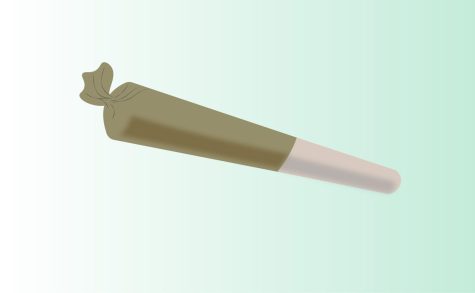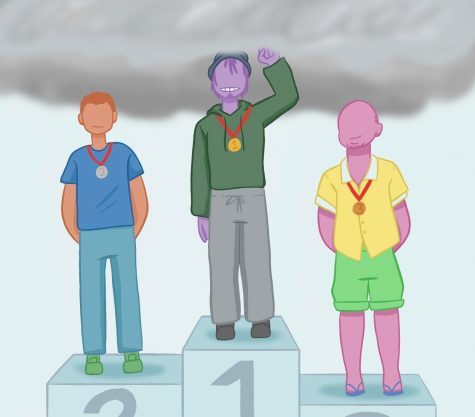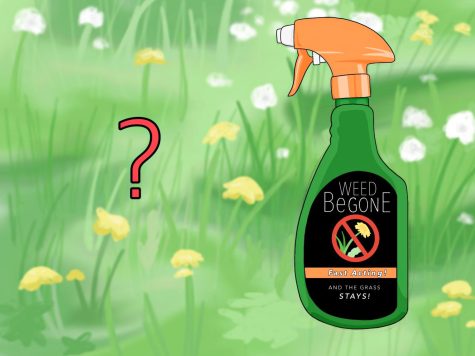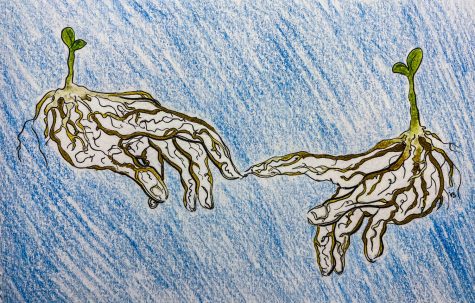Current NCAA weed policies
Smoking weed occasionally will not trigger positive THC test as of two months ago
MLB and NBA have stopped testing for weed, are other sports next?
April 14, 2022
Cannabis is becoming an integrated part of the lives of many college students. Until recently, the NCAA policies on cannabis have been strict and harsh.
In 2014, the policy for testing positive for cannabis was an immediate suspension for the remainder of the season. Later in the year, the NCAA ruled cannabis was not a performance-enhancing drug. The NCAA loosened their punishment to only half a season suspension for the first offense.
This change only occurred in states where cannabis was legal in 2014 — if tested positive for weed in an illegal state, athletes could have suspensions and even jail time.
Those were the most recent weed-related policies until February 2022, when the NCAA came out with new policies and procedures for student athletes who test positive for cannabis in season.
Now, college athletes can have more weed in their system before it triggers a positive test. College athletes also may not serve suspensions for first offenses.
Up until February 2022, an athlete could test positive for 35 nanograms per milliliter of weed. That has been upped to 150 nanograms per milliliter, which is in line with the World Anti-Doping Agency. The new limit, 150 nanograms per milliliter, is equivalent to a dedicated cannabis consumer, according to a former executive director of the National Organization for the Reform of Marijuana Laws.
If an athlete tests positive for weed for the first time, the punishment is now attending and completing the university’s management plan and education. The athletes do not lose any collegiate eligibility for the second positive test if they complied with the management plan the first time. If the athlete did not complete the university’s management plan after the first positive test and tests positive a second time, they would miss the next quarter of all regular season games. If the athlete tested positive a third time and completed the previous two management plans, there are no suspensions. If they do not comply a third time, they miss the next 50% of regular season games.
These NCAA changes come after professional leagues changed their cannabis policies. The NBA got rid of weed testing altogether, and the MLB removed it from their Prohibited Substances list.
As cannabis becomes legal in more states, NCAA regulations will likely become less restrictive.

